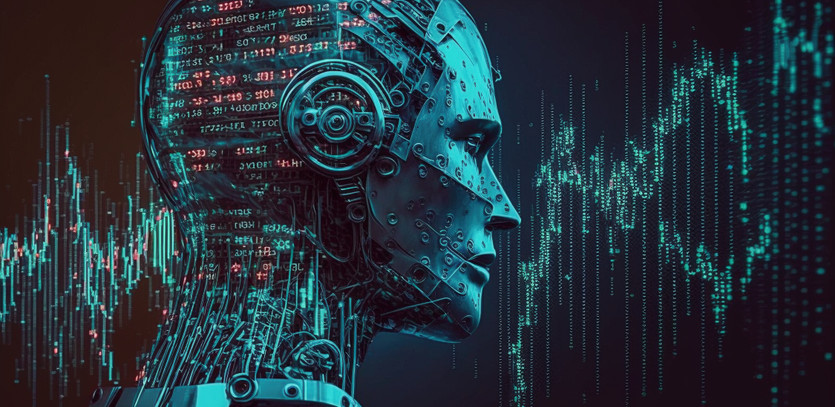McKinsey's Forecast on AI Impact
By 2045, generative AI is set to revolutionize and completely automate up to 50% of tasks currently being performed, inclusive of decision-making, management, and stakeholder engagement activities, reveals a new study by McKinsey & Co.
The firm's report, released on June 14, estimates that around 75% of generative AI's value creation will be driven by sectors such as customer service, marketing and sales, software engineering, and research and development.
Advancements in Generative AI
Remarkable strides in generative AI technology have propelled McKinsey to bring forward its midpoint prediction from 2053 (estimated in 2016) to 2045. This encompasses factors like adoption rate of generative AI, regulatory decisions, and investment strategies, among others.
Previously, McKinsey predicted the automation of half of the work to occur between 2035 and 2070.
Global Adoption of AI Automation
The pace of AI automation adoption will differ substantially worldwide. McKinsey anticipates a quicker uptake in developed economies where higher wage structures make economic sense for early adoption.
Generative AI has the potential to revolutionize tasks that currently consume 60-70% of an employee's time, according to the report.
AI Impact on High-Wage Workers
Contrary to common perception, generative AI will exert a significant influence on high-wage roles requiring decision-making expertise, management skills, and stakeholder interaction abilities.
The Economic Impact of Generative AI
McKinsey predicts the generative AI market to contribute an astonishing $2.6 to $4.4 trillion annually to the global economy and amass a total value of $15.7 trillion by 2030.
This contribution represents a significant increase over the $11.0 to $17.7 trillion potential economic value attributed to non-generative AI tools and analytics currently in use.
Generative AI systems, such as OpenAI’s ChatGPT, are designed to generate text, images, audio, and videos in response to specific prompts, learning patterns from input data.
McKinsey's 2030 prediction of $15.7 trillion for generative AI represents a more than threefold increase compared to the $5 trillion forecast for the metaverse over the same period.
Challenges with Generative AI
Despite the rapid expansion of generative AI platforms, there are mounting concerns. The United Nations expressed "serious and urgent" worries about generative AI tools being used to produce fake news and misinformation.
In addition, Meta's CEO, Mark Zuckerberg, recently faced intense scrutiny from U.S. senators regarding the controversial release of the company's AI tool, "LLaMA," which is perceived to be potentially harmful and usable for illicit activities.




